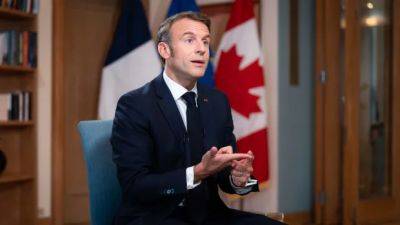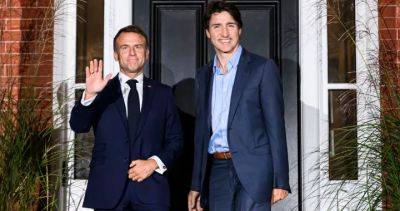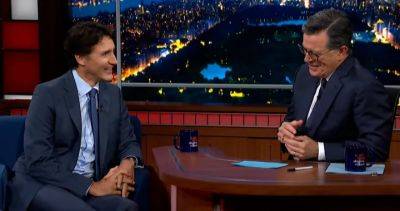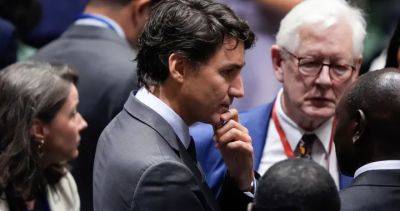Thinking the 'unthinkable': NATO wants Canada and allies to gear up for a conventional war
NATO says it wants its members to develop national plans to bolster the capacity of their individual defence industry sectors, a concept Canada has struggled with — or avoided outright — for decades.
At the NATO leaders summit in Washington in July, alliance members agreed to come up with strategies to boost their domestic defence materiel sectors, and to share those strategies with each other. Almost entirely overshadowed at the time by debates about members' defence spending and support for Ukraine, the new policy got little attention.
Federal officials are just beginning to wrap their heads around the ramifications of the new policy, and the burden it could place on the government and Canada's defence sector.
And CBC News has learned that Ottawa has little in the way of institutional knowledge or Cold War-era mechanisms on which to fall back. For decades, the federal government has lacked an across-the-board plan to fully mobilize the country, federal institutions and the economy to fight a conventional war — the kind Ukraine is fighting now.
One former top national security official, several defence experts and a retired senior military leader all say that for the last 30 years, Canadians and their governments have been happy not to think about such things. Now, NATO is pressing the point.
«This is something we should definitely be thinking about, [but] I get why we kind of stopped thinking about this post-Cold War,» said Vincent Rigby, a former national security and intelligence adviser to Prime Minister Justin Trudeau, referring to the decades of relative peace that followed the collapse of the Soviet Union.
Today — following Russia's full-scale invasion of Ukraine — he puts the odds of Canada being dragged into a major







